(Aug 25, 2023) “After drugs, human trafficking is the biggest industry in the world. Its $150 billion industry,” remarked Harold D’Souza. The Indian American labour trafficking and debt bondage survivor received the Human Rights Hero Award 2023 at the United Nations headquarters in New York for being the leading activist in United States’ efforts to address the problem.
“My wife and I are survivors of human trafficking and debt bondage. Our trafficker showed us the moon but gave us dust,” he said.
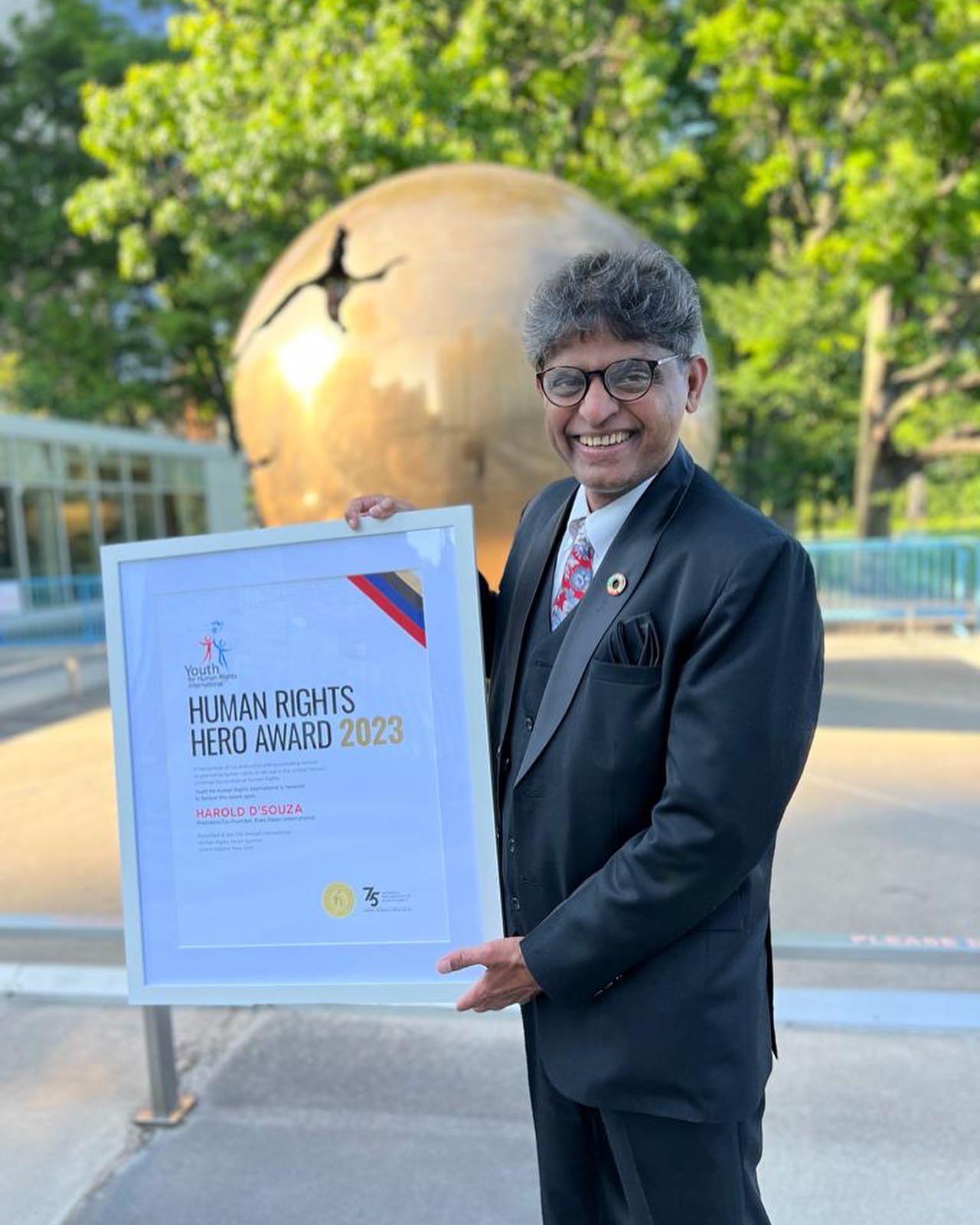
Harold D’Souza
While migration from one country to another has helped millions of people across the globe. Pressing issues like labour exploitation or in other words modern slavery has grown to global proportions. Not many people are able to help themselves out of the situation. Mangalore’s Harold D’Souza went against the tide and displayed courage to finally speak against the perpetrators despite their threatening to kill him. Harold is now an inspiration and saviour of those going through the trauma and helps them out of the situation through his foundation, Eyes Open International.
From victim to White House consultant
Looking at his story of grit and determination, the Global Indian was appointed to the US advisory council on human trafficking first by President Barack Obama then by President Donald Trump. The White House experience, from 2015 –2020, brought back the self-confidence that Harold had lost in the ordeal of being treated as an illegal immigrant, even though he had visited America on H-IB visa.
At the White House I was not looked at as a survivor, rather as an expert, and that transformed my life.
“When fellow delegates there heard my story, they encouraged me to start a non-profit to help victims – “Your story has to go to all the people over the world, they said,” Harold shared
This gave Harold the impetus to start Eyes Open International to help victims of human trafficking and debt bondage. Owing to his harrowing experiences and determination to change the narrative of trafficked people, he also serves as an expert consultant at the Department of State’s Office to Monitor and Combat Trafficking in Persons, at the Governor’s Ohio Human Trafficking Task Force and is on the board of directors for over a dozen NGOs across the world.

Harold D’Souza with former USA president Donald Trump at the White House
“I do not want a single innocent family to suffer. This has become my passion and purpose in life,” Harold said, “My mission in life is to create awareness and to educate people about what happened to me, my wife and my kids so that they take informed decisions while moving abroad.”
A native of Bajpe, Mangalore, Harold lives with his family at Cincinnati, Ohio.
The trap
In 2003 Harold D’Souza travelled to the United States with his family, only to discover that they had unknowingly become a victim of human trafficking, and later debt bondage.
I stepped down from a senior management position in India to pursue the American dream.
I came to the United States following the advice and encouragement of a man who would become my trafficker,” said Harold talking about his ordeal. “He manipulated, tricked and trapped us.”
As part of the unscrupulous plan, he was lured in with the offer of a H-1B visa to work as a business development manager on a $ 75,000 salary, and additional perks. “In 2003, it was a big amount and thinking of the future of my two sons, I decided to take up the offer leaving behind the stable job in India,” he shared. His boys were seven and four-years-old at that time.
The family sold off their car and other belongings to cover travel costs. “I thought I would soon recover the amount after I start earning dollars,” he told. “I had no understanding of what HIB Visa, H4 dependant visa on which my wife and two sons came on were. I didn’t know the dos and don’ts; I didn’t know how this country operated. I didn’t know the law. I didn’t know the people. I just jumped,” he remarked.
The day Harold arrived in the US, his trafficker took away the documents and $1000 cash that he was carrying for safe keeping. After that the ordeal began. Both he and his wife were made to work seven days a week for 14 to 16 hours in a restaurant and were given an accommodation next door.
“In most trafficking cases, victims are provided lodging in proximity, ensuring their constant availability for work while limiting their interaction with the outside world. This isolation prevents them from easily reaching out for assistance or lodging complaints, as they remain within the immediate control of their perpetrators.” All through, abusive language and threatening continues.
The trafficker charged them exorbitant money for food, clothing, and shelter, and withhold their salary on the account of the expenses incurred on them. Harold was also tricked into signing a loan from a bank which his trafficker pocketed, putting him in debt bondage.
Labour trafficking in America happens at four places – restaurants, gas stations, convenience stores and motels.
Lessons learned
“We went to the US on four things – trust, faith, promise, and to live an American dream but all got shattered,” shared Harold.
Desperate to take out his family from the harrowing condition, after some years of torture he gathered courage to approach a law enforcement organisation even when the trafficker had threatened to kill him if he sought support.
Due to the courage, he mustered, Harold rose out of this ordeal and today is an inspirational international advocate of the survivors. He stands as a tall example for lakhs of people worldwide who are victims of labour or sex trafficking and are not able to muster the courage to report against the perpetrators. Finding a purpose from his own ordeal Harold is now a messiah to people who have been tricked.
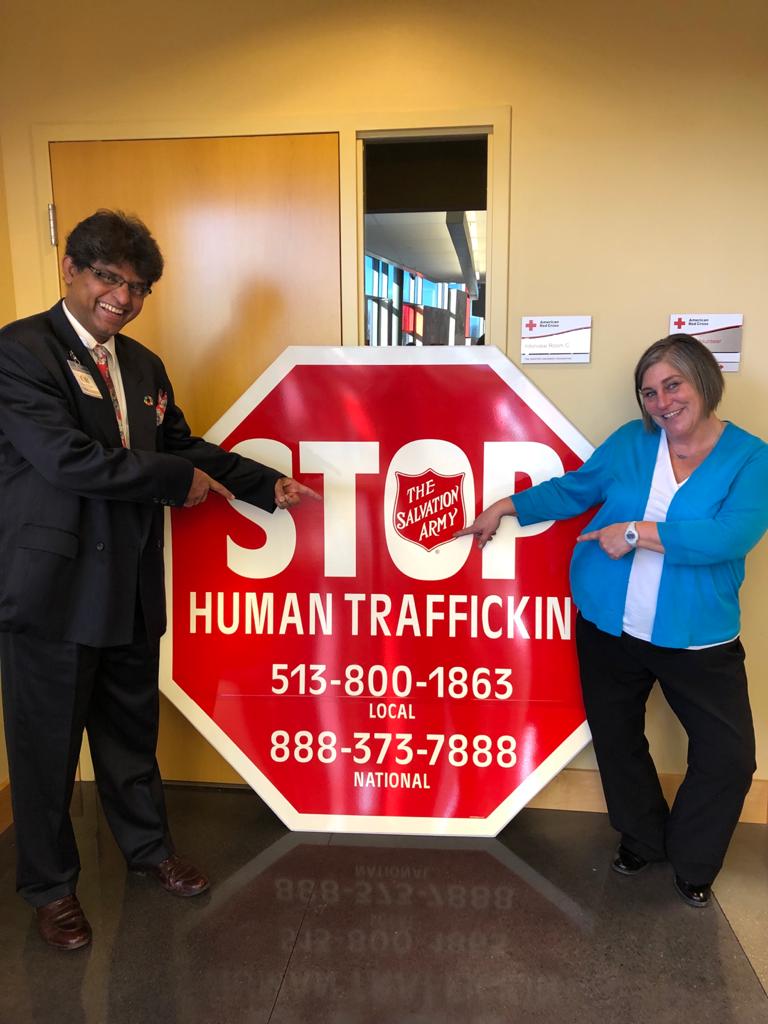
Spreading awareness
Harold strongly advocates that every child on the earth should be taught all 30 articles of the Universal Declaration of Human Rights.
“I was young in the early 2000s when I moved to America and was not aware of the rights especially Article 4 of the Universal Declaration of Human Rights, which forbids all forms of slavery.”
My experience has given me a new purpose and meaning in life.
Through his Foundation and engagements in public speaking, he actively raises awareness about this issue. He visits schools and colleges in India to educate young people about the importance of pursuing dreams of moving abroad while keeping their eyes open and being vigilant. His foundation’s name originates from this very concept. He has written a book Frog in a Well: Turning Obstacles into Opportunities.
Eyes Open International
The foundation dedicates itself to the global mission of educating, preventing, protecting, and empowering victims, survivors, vulnerable groups, and community members.
Harold is working with the vision to establish its branches in 50 countries. Dedicated individuals, including police commissioners, local politicians, attorneys and doctors have been volunteering their time to support potential victims through the foundation.
As a co-founder, his wife Dancy D’Souza has been playing a vital role in using her survivor-informed expertise to combat human trafficking. “Survivors are poor starters but strong finishers,” Harold remarked. A feature film on his story of rising against the odds is in the pipeline.
- Follow Harold D’Souza on LinkedIn, Facebook, Twitter, Instagram and YouTube
- To know more about Eyes Open International and its initiatives, visit its website



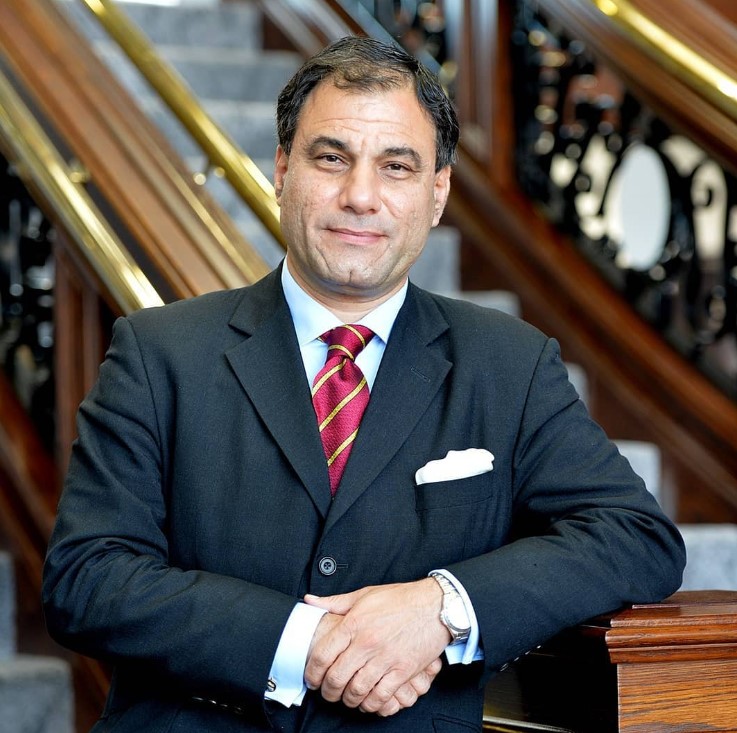 Karan Bilimoria[/caption]
Karan Bilimoria[/caption]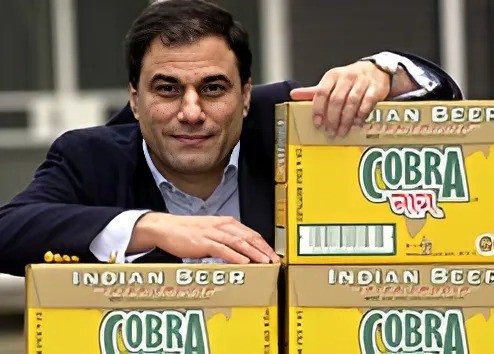 Karan Bilimoria[/caption]
Karan Bilimoria[/caption]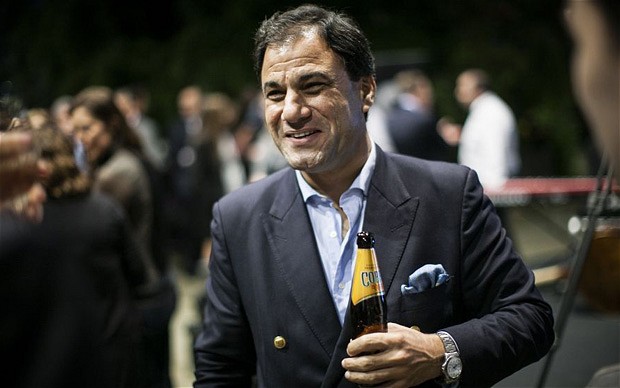 Karan Bilimoria[/caption]
Karan Bilimoria[/caption]
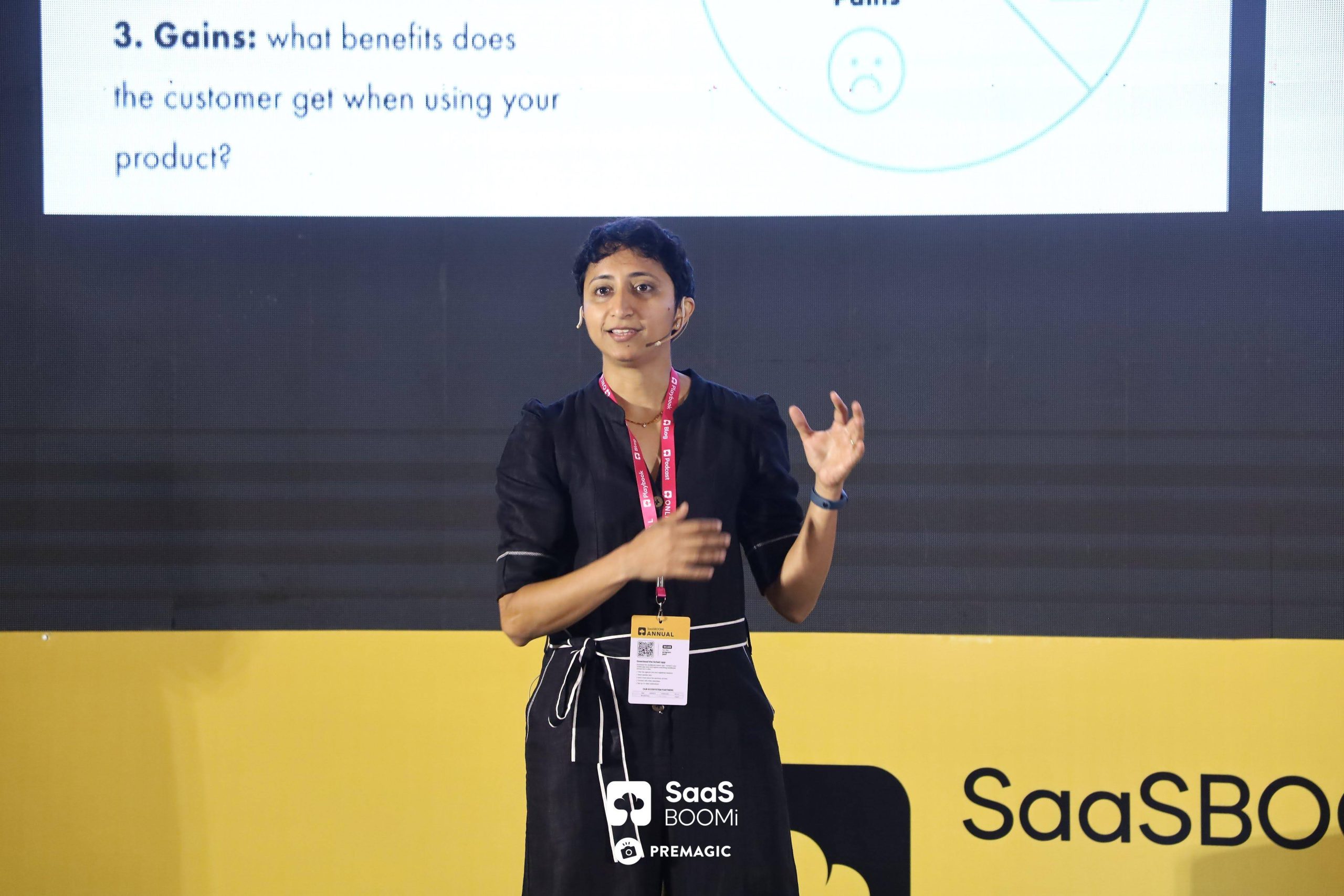
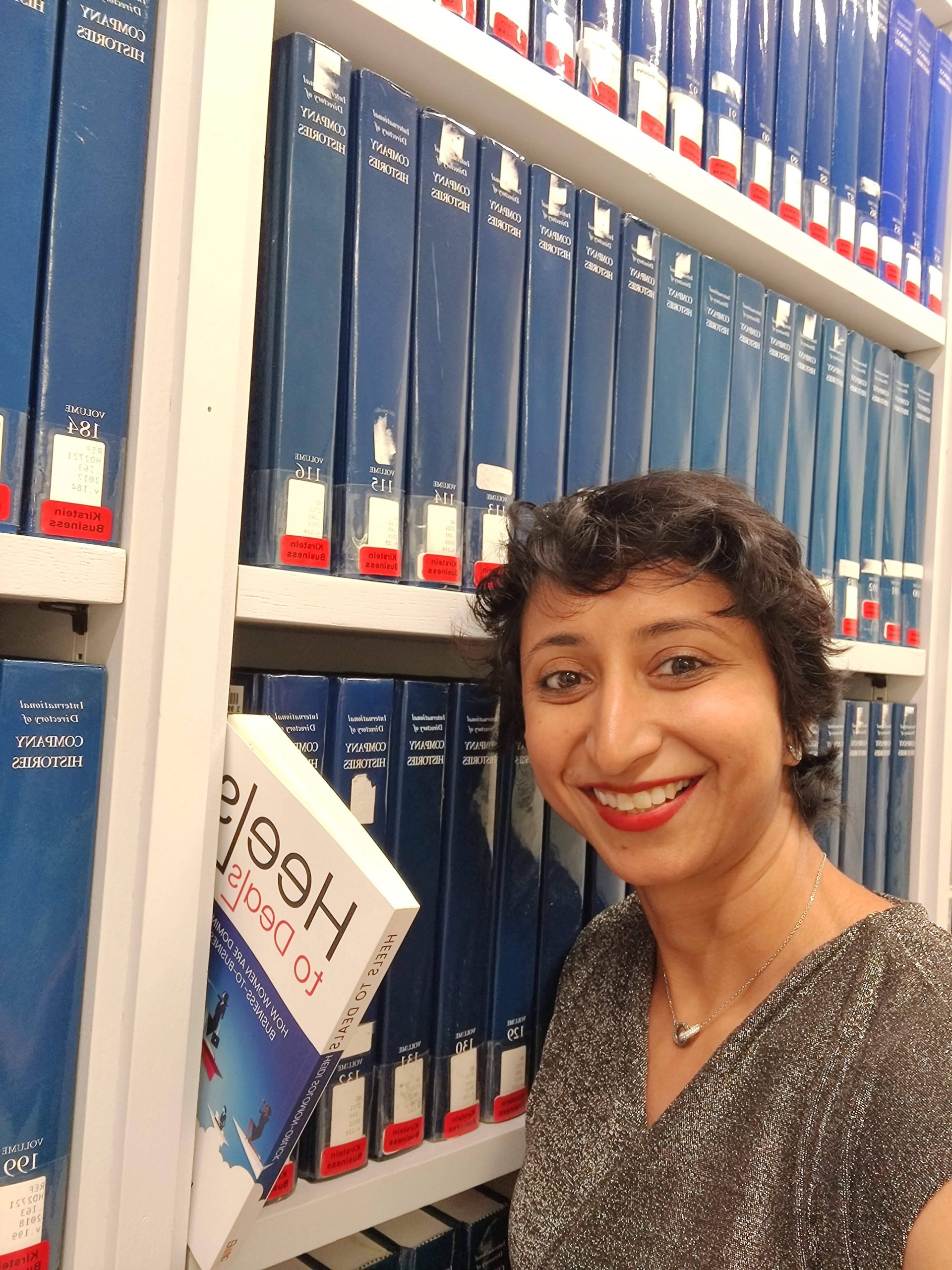
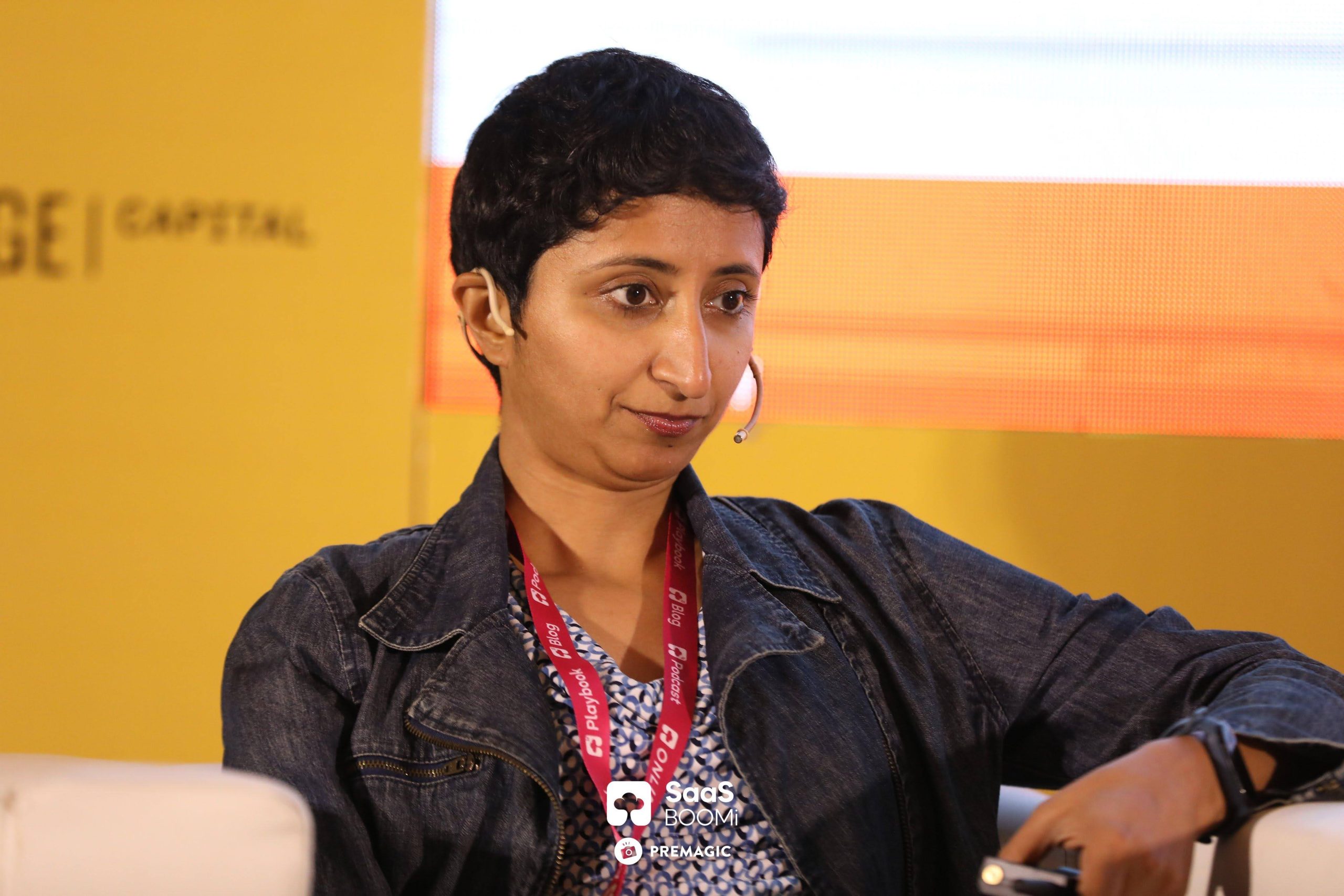

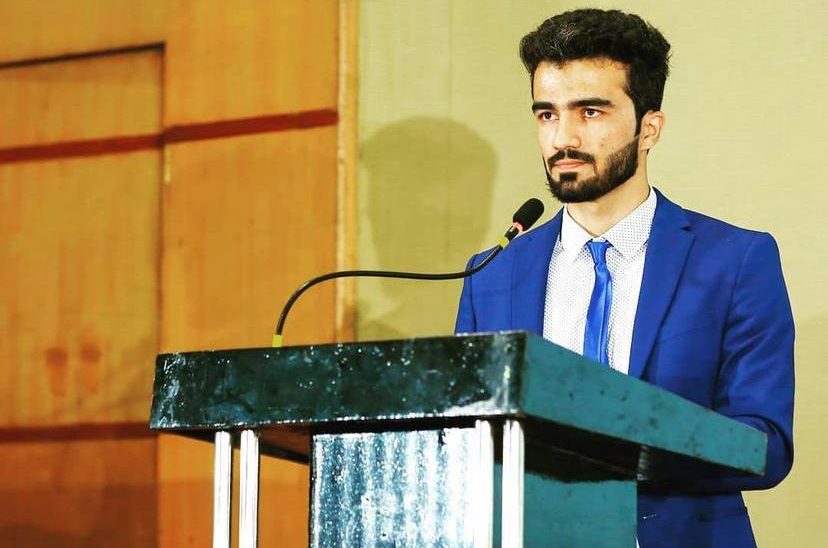 Hamid Bahraam[/caption]
Hamid Bahraam[/caption]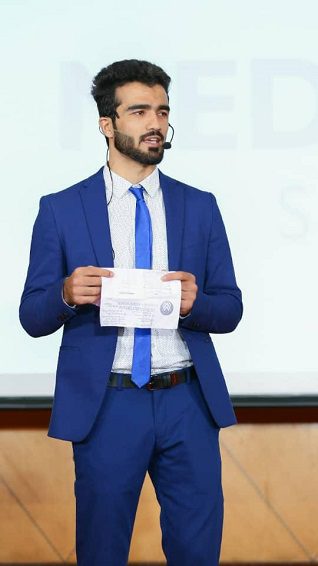 Hamid Bahraam[/caption]
Hamid Bahraam[/caption]
 The Met Gala carpet, designed by Neytt by Extraweave.[/caption]
The Met Gala carpet, designed by Neytt by Extraweave.[/caption]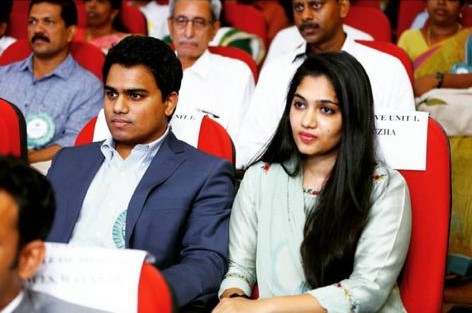 Sivan Santhosh and Nimisha Srinivas[/caption]
Sivan Santhosh and Nimisha Srinivas[/caption]
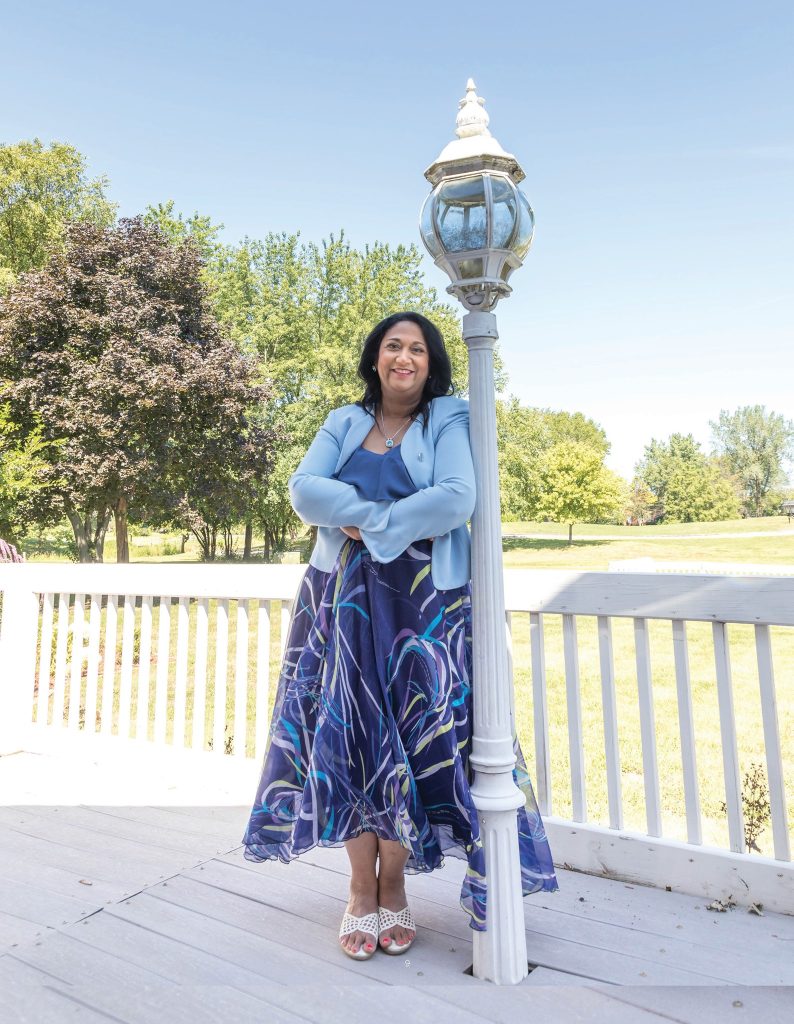 Dr Kalyani Gopal[/caption]
Dr Kalyani Gopal[/caption]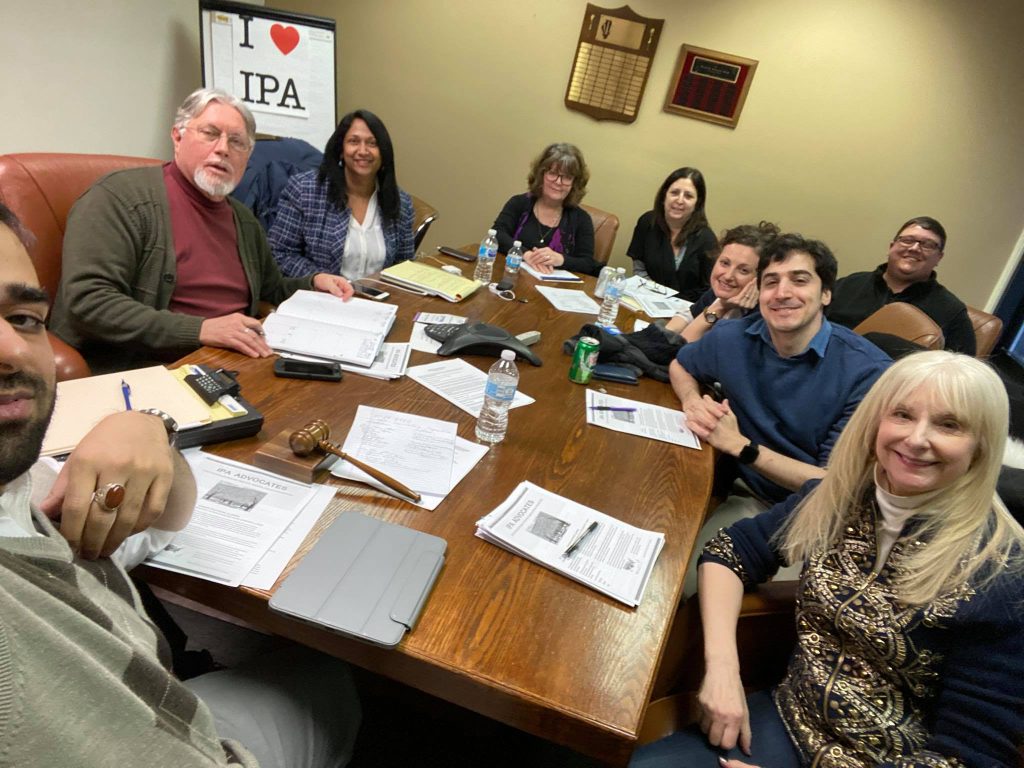 Dr Kalyani Gopal at one of
Dr Kalyani Gopal at one of 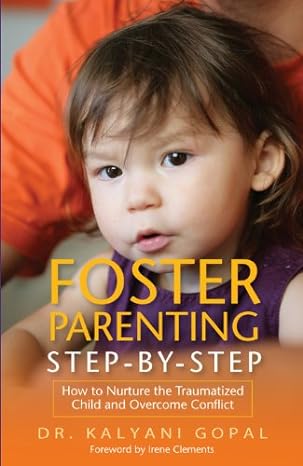 One of Dr Kalyani Gopal's books[/caption]
One of Dr Kalyani Gopal's books[/caption]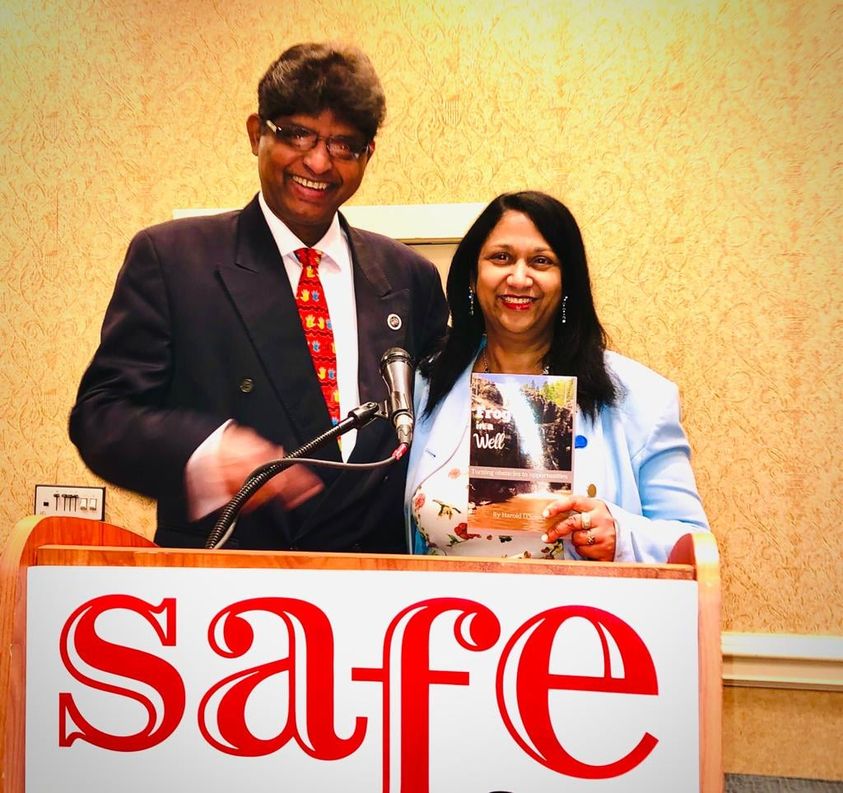 Dr Kalyani Gopal with Eyes Open International founder, Harold D'Souza[/caption]
Dr Kalyani Gopal with Eyes Open International founder, Harold D'Souza[/caption]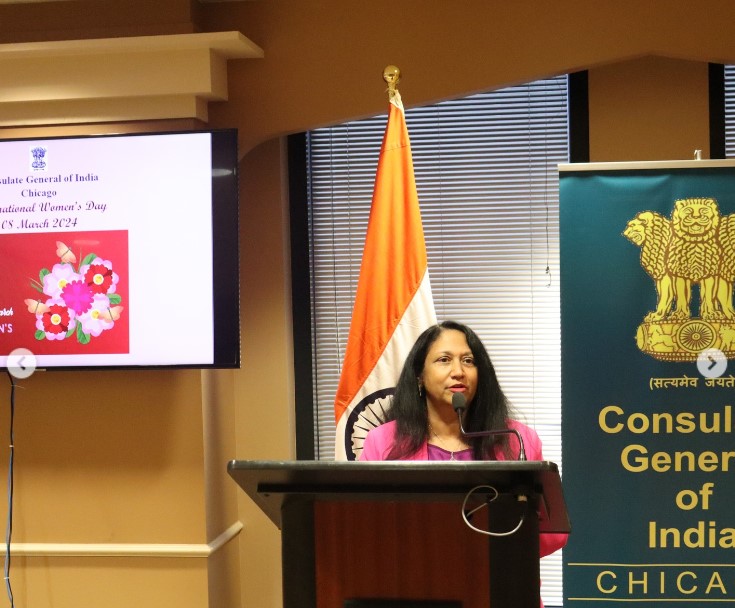 Dr Kalyani Gopal at a Consulate General nof India, Chicago event[/caption]
Dr Kalyani Gopal at a Consulate General nof India, Chicago event[/caption]